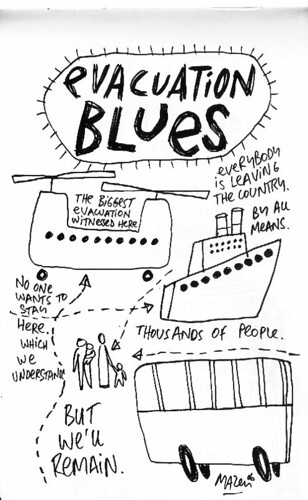I spent the day at a conference about the importance of play and, by default, gaming. All guest speakers were quite interesting and enjoyed myself until the last question and answer period. Then it struck me: what a luxury it is to talk about games.
Let me back up. The speakers included
Shawn Rider, a down-to-earth gamer and former instructor currently working at PBS, who provided a great general overview of the field of game studies.
Laurie Taylor, from University of Florida, who discussed gender representation in games. Dr. Taylor's discussion, like Shawn's, provided context and prompted quite a bit of commentary from the gameplayers in the audience. She began the project of laying out the problems of gender, race, and (to a degree) ethnicity representations both in the games themselves and the media about the games.
The final lecturer
Julian Dibbell, of "A Rape in Cyberspace" fame, spoke on what he called Ludocapitalism and goldfarming in networked online games (MMOs to those in the know).
During the panel question and answer period, an emeritus Economics professor sitting next to me raised a number of questions about real world implications of games. The initial question, if I remember, was regarding the lack of any critical review or mentoring that happens when a young person consumes the narrative in a game. The panel response was that the game as medium is not unlike the novel to which I countered that we learn to evaluate novels critically in school but are left to our own devices with video games.
As the conversation progressed, the Economics professor made a statement, in response to something Dibbell had said about how wide-spread gaming culture was (hence his thesis that play is to the 21st century economy as steam was in the 19th century), to the effect that games are, in essence, the toys of a mere few.
I asked Dibbell if he went to the villages in China. He explained that the countryside is where many of the virtual sweatshops and goldfarming firms are popping up. I didn't pursue it further but I should have called bullshit on that.
Here's where I stand. Let's set up the picture:
~ 50% of the global population live in urban areas
~ 45% of the people in the world live without basic sanitation
~ 20% live without clean water sources
~ 15% are going hungry (this includes people in all continents on the globe)
only 10% have received a secondary education
here's where it gets interesting:
only about 10% of the world's population owns a computer with only 2.8% actually having internet access.
50% of the people in the world live off of less than ~$2 US/day
Um, I think a sizeable chunk of the world's population could careless about games. Thus I would posit that Ludocapitalism is but one form of SplinterCapitalism (if Dibbell can create neologisms so can I, dammit). Anything goes in order to preserve power. Material goods are there in all their oily splendor and that reality is very Old School Capitalism.
While I would like to see creative production in the digital era be supported and grow with a healthy dose of play (Homo Faber meets Homo Ludens), my excitement about the potential of gift economies and of anarcho-communism as their underpinnings, is often watered down with day-to-day evidence that Capitalism is feisty beast who will not go away. One result, perhaps, are the statistics above.
But that is immaterial as is, Julian Dibbell will tell you, much of what we trade these days. Yet to do so is a sign of extreme wealth and luxury.
http://unstats.un.org/unsd/methods/poverty/edocuments.htm
http://www.unicef.org/sowc06/
http://www.ciesin.columbia.edu/povmap/ds_info.html














 Israel's (and by proxy the U.S.) response to Hizbollah has been horrifying to say the least. I was surprised the mainstream media let Americans fleeing Lebanon report about the insanity of the air raids. While Hizbollah's provocation might have been an act of war it seems the Israeli response is too brutal if not a war crime.
Israel's (and by proxy the U.S.) response to Hizbollah has been horrifying to say the least. I was surprised the mainstream media let Americans fleeing Lebanon report about the insanity of the air raids. While Hizbollah's provocation might have been an act of war it seems the Israeli response is too brutal if not a war crime. 
